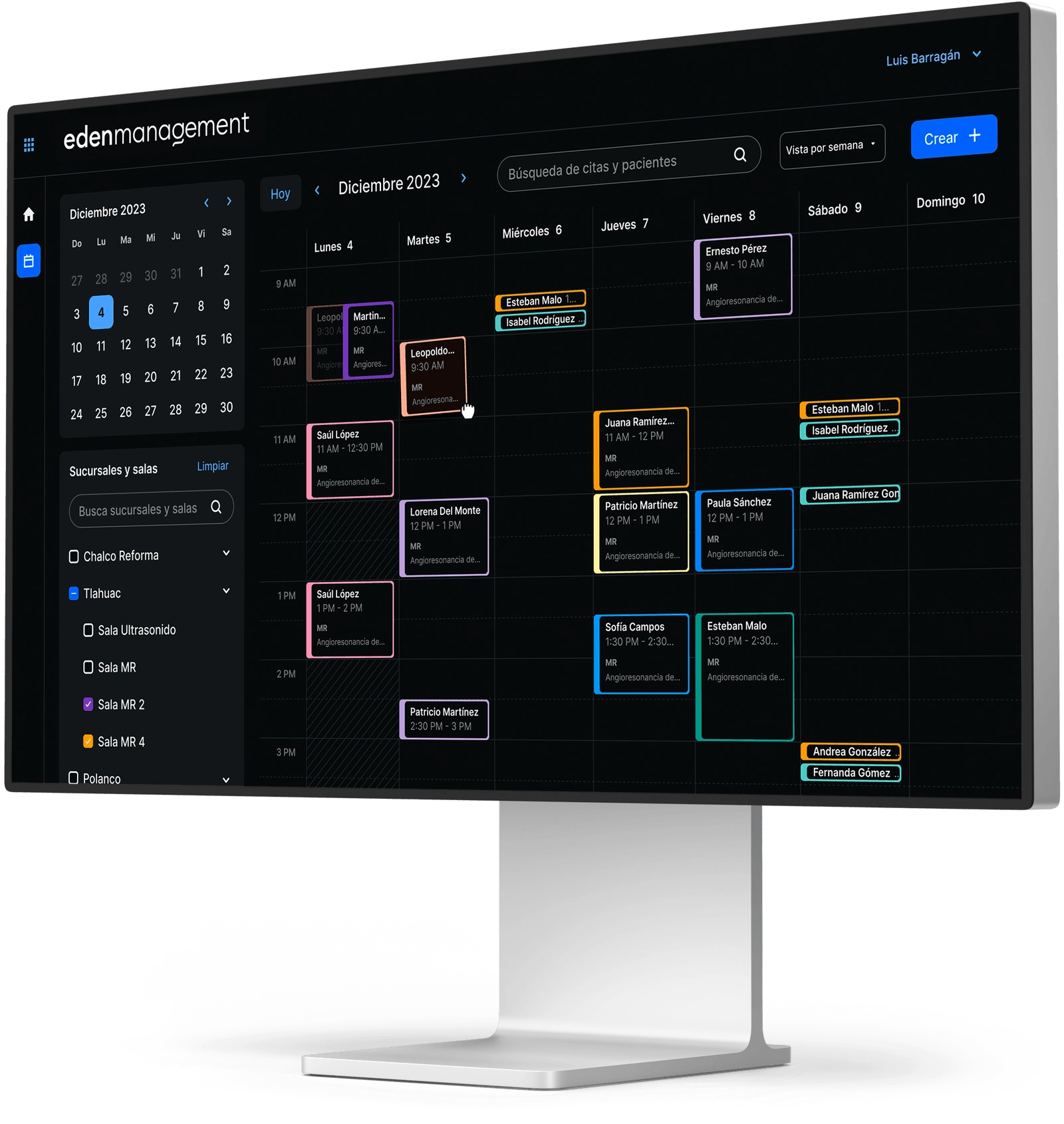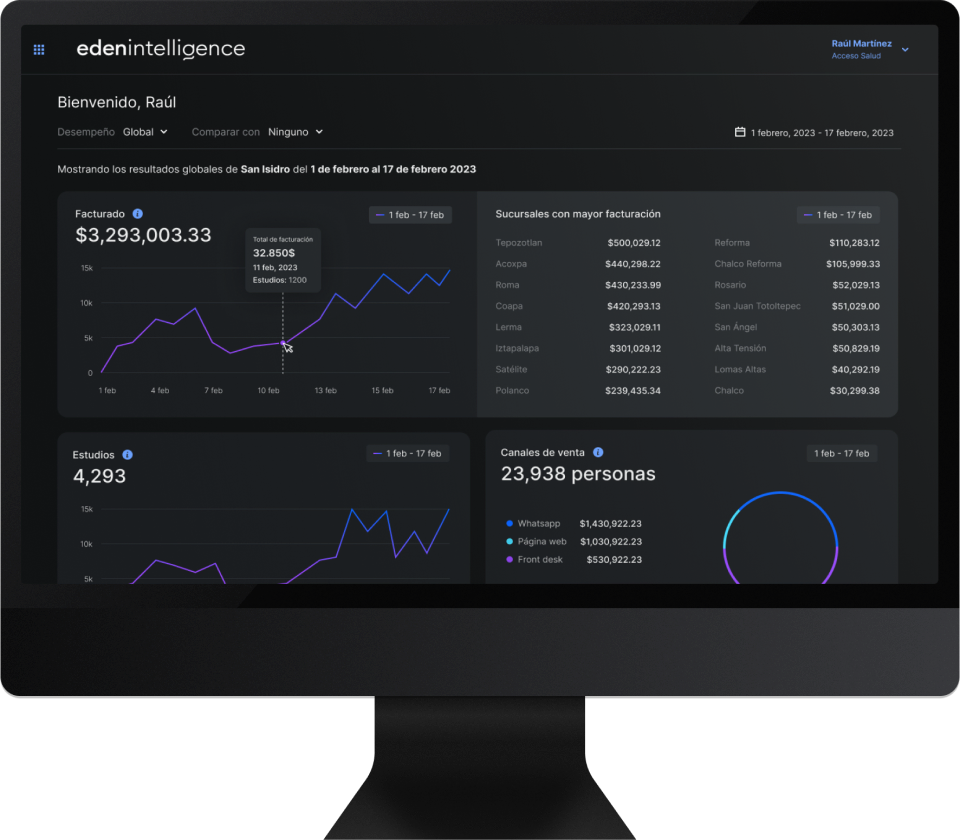Although it is increasingly important in the health sector to prioritize affordable and high-quality healthcare for all, we are still a long way off. It is known that 3.5 billion people around the world, or half of the entire population, are still not receiving the healthcare they need. In addition, 800 million people have to spend more than 10% of their family budget on their own medical bills, for a sick child or for any member of the family, pushing 100 million of them into extreme poverty.
Unfortunately, differences in access to decent health care are not only striking in low- and middle-income developing countries, but also in industrialized countries, where economic opportunities are determined by their social status.
It's like a lottery; social health factors have an impact on both rural and urban populations. It's disheartening how, even in the richest countries, place of birth significantly influences access to universal health care. In addition, the place of birth defines the quality of lifestyle, nutrition and the level of access to health services, which translates into a lower life expectancy for those who live in areas that do not receive adequate care.
This tells us about how segmented and inequitable the current healthcare system is, where differences between social classes are increasing. Universal health coverage has been under discussion for years, although not much progress has been made, the truth is that it is a complex and multifaceted topic, but it is also an area of opportunities, in which a multilateral approach combined with digital technologies can facilitate the sustainable transformation of top quality treatment services.
At Eva, we see this as an opportunity for collaboration and long-term growth that is coordinated with our purpose of improving lives; a win-win situation for all, especially for the society we serve, where we can provide value to all partners; we are also attentive to acting correctly when it comes to the profitability and soundness of the services we offer.
However, we cannot achieve this alone, we need to collaborate together with organizations, governments and customer networks on mutually beneficial business models and robust and progressive partnerships.
The health revolution of virtual collaboration
It is essential to incorporate digital health systems and services to improve the quality and coherence of health services in developing countries. The lack of infrastructure (lack of power, remote areas, security problems) can be an obstacle impossible for a select few to overcome. In many cases, the population depends on NGOs and donations to cover certain health needs, and there is a serious lack of essential capacities and technologies such as nursing, medication, digital medical records and ultrasound tests.
Virtual collaboration has revolutionized the way people access healthcare. Digital technology is improving the efficiency and effectiveness of health systems, allowing for more accessible and affordable care for a wider population. According to an article from Philips, here are some of the best examples of how virtual collaboration can improve access to healthcare:
- Telemedicine: Telemedicine allows patients to receive medical care remotely, using technologies such as video conferencing or chat. This is especially useful for people in rural or remote areas who don't have easy access to a medical facility.
- Remote consultations: Virtual collaboration also allows doctors to collaborate with colleagues in different parts of the world to provide a second opinion in complex cases. This can be a great help for patients who don't have access to specialists in their area.
- Physician training: Virtual collaboration can also be used to train doctors and other health professionals around the world. This allows professionals in developing countries to access the same quality of training as their colleagues in more advanced countries.
In conclusion, virtual collaboration is a valuable tool for improving access to healthcare globally. With technologies such as telemedicine, remote visits and physician training, virtual collaboration can help ensure that more people have access to the quality healthcare they need.




















